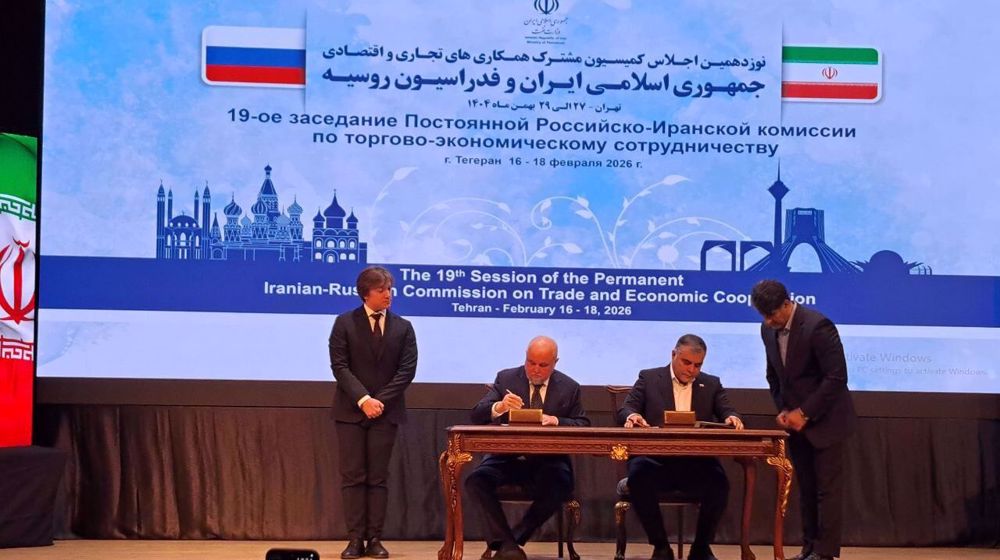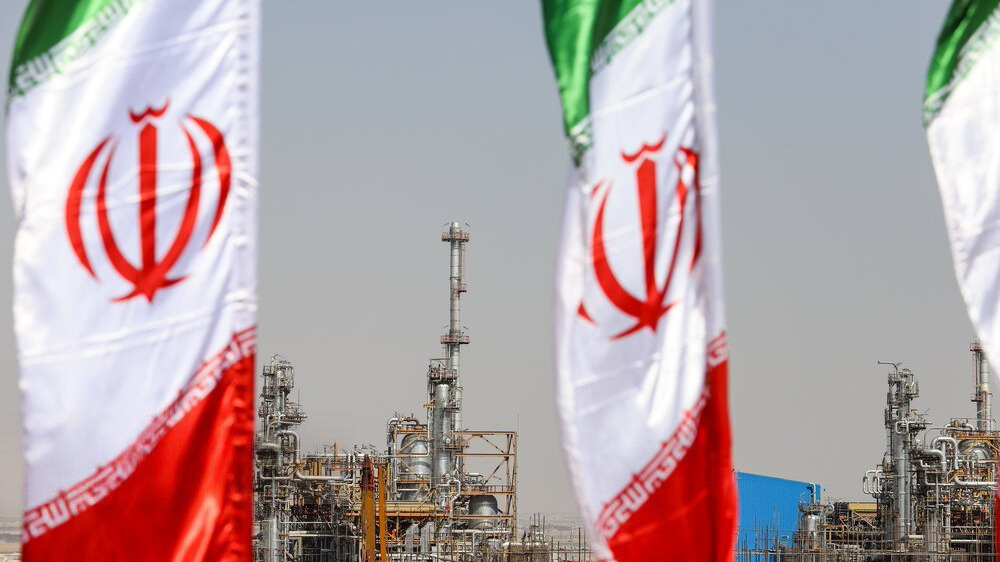US goes all out in spying on Iran's oil sales: NY Times
The CIA spy ring dismantled by Iran’s Intelligence Ministry last month was trying to gather intelligence on Iran’s oil sales, a new report by The New York Times reveals.
On July 22, Iran’s Intelligence Ministry announced it had identified and destroyed an integrated network of operatives serving the US Central Intelligence Agency (CIA) inside the country.
The Ministry’s director-general for counterintelligence said that Iran captured 17 professional spies working on behalf of the CIA throughout last year and some of those arrested had been handed death sentences.
"The identified spies were employed in sensitive and vital private sector centers in the economic, nuclear, infrastructural, military and cyber areas... where they collected classified information," the unnamed official said in a statement.
Now, it appears that the espionage involved clandestine efforts to gather intelligence on oil sales, The New York Times said.
According to the report, citing two traders, many of the 17 people accused of spying had worked in the oil and energy sector as traders and brokers.
“They had come under scrutiny because of contacts with foreigners on their trips abroad.”
The suspects arrested in Iran were operating in key organizations and institutions mainly in the private sector, an Iranian official said at the time.
He noted that the CIA had recruited the individuals by mainly contacting them over the internet.
Other tactics included issuing or renewing US visas, hiring Iranian specialists, providing necessary equipment and access to certain participants in scientific events abroad, sending emails and messaging through social media.
Under the US administration’s bans on Iran’s oil industry, which are meant to zero down the country’s oil exports, Iranian oil traders are now “suddenly in the cross hairs of international intrigue and espionage,” the report said.
The Times quoted oil traders as saying that foreigners, who they assume are working on behalf of the United States, have offered astronomical sums, ranging from $100,000 to $1 million, just for the bank account numbers the Oil Ministry used in a sale.
“Some of the foreigners have promised visas to the United States,” the traders said.
Last year, Iranian Minister of Petroleum Bijan Zangeneh banned the release of oil data after the US withdrew from the 2015 Iran nuclear deal and imposed sanctions on Iran’s oil exports and financial transactions.
“Information about Iran’s oil exports is war information,” the minister said in July.
“Information about Iran’s oil production, prices, sales and exports are a crucial tool for Washington to gauge the effect of the sanctions and carry out its ‘maximum pressure’ campaign against Iran,” the Times said.
While the US bans have failed to advance Washington’s goal of changing “Iran’s behavior,” they have provoked growing tensions with Washington’s trading partners across the world and inflicted terrible pain on the ordinary people of Iran.
Hamas: Israel seeks to break Palestinian abductees’ will through abuse
Former UK ambassador released on bail after arrest in Epstein-linked probe
Hamas condemns Israel’s arson attack on mosque in West Bank, calls for mobilization
Trump's top general warns of Iran aggression risks: reports
VIDEO | US ambassador’s remarks on Israel’s expansion spark outrage
VIDEO | ‘Protect the Right to Protest’ rally held outside London court
VIDEO | Gaza bakery supports displaced families ahead of Ramadan Iftar
France blocks US ambassador from ministerial meetings after summons no-show












 This makes it easy to access the Press TV website
This makes it easy to access the Press TV website